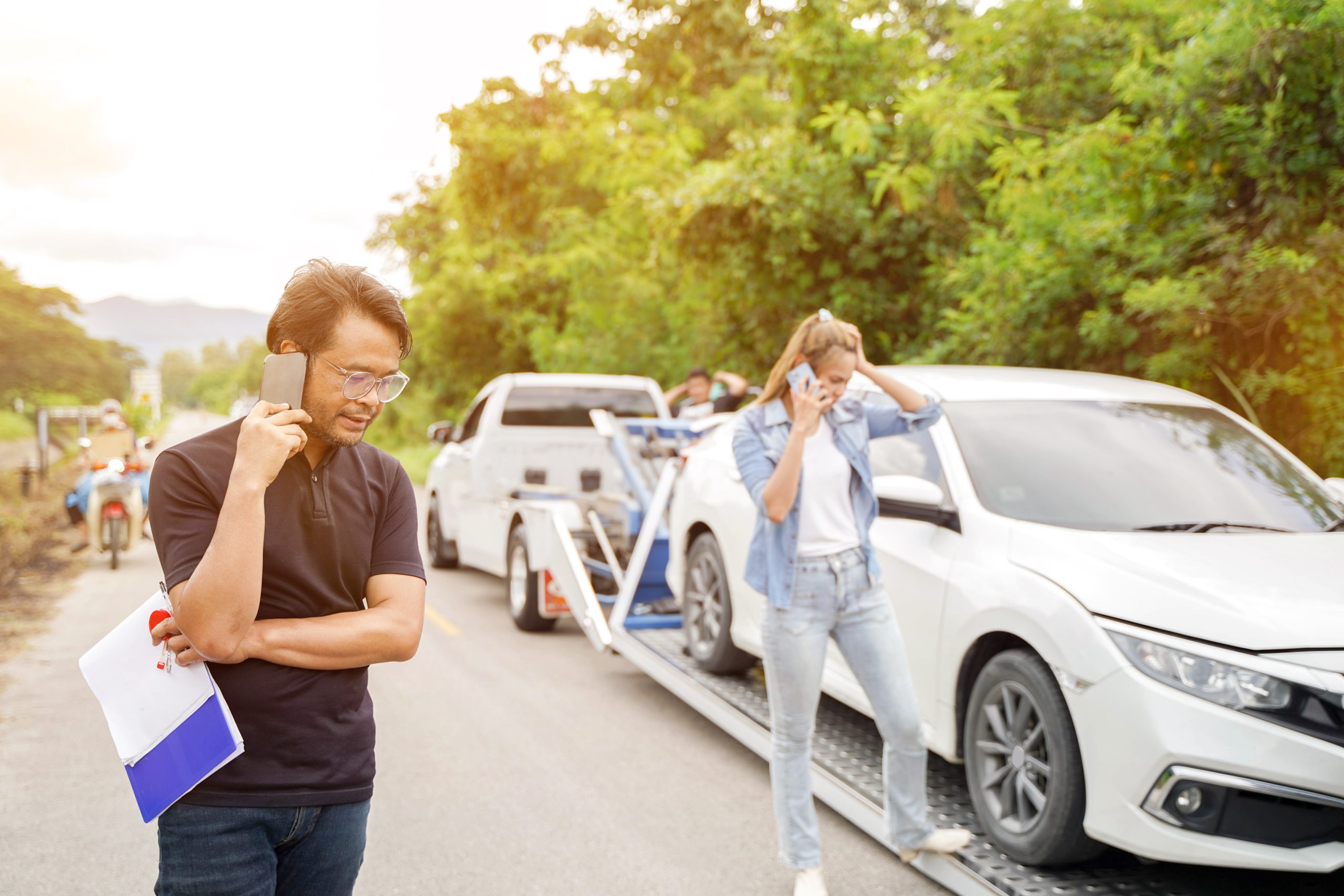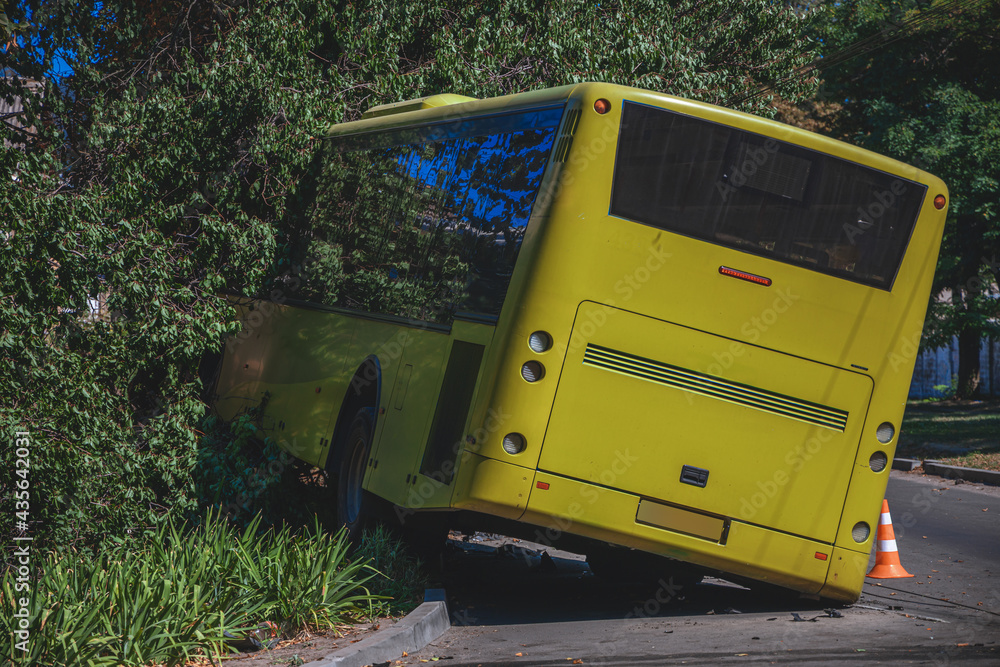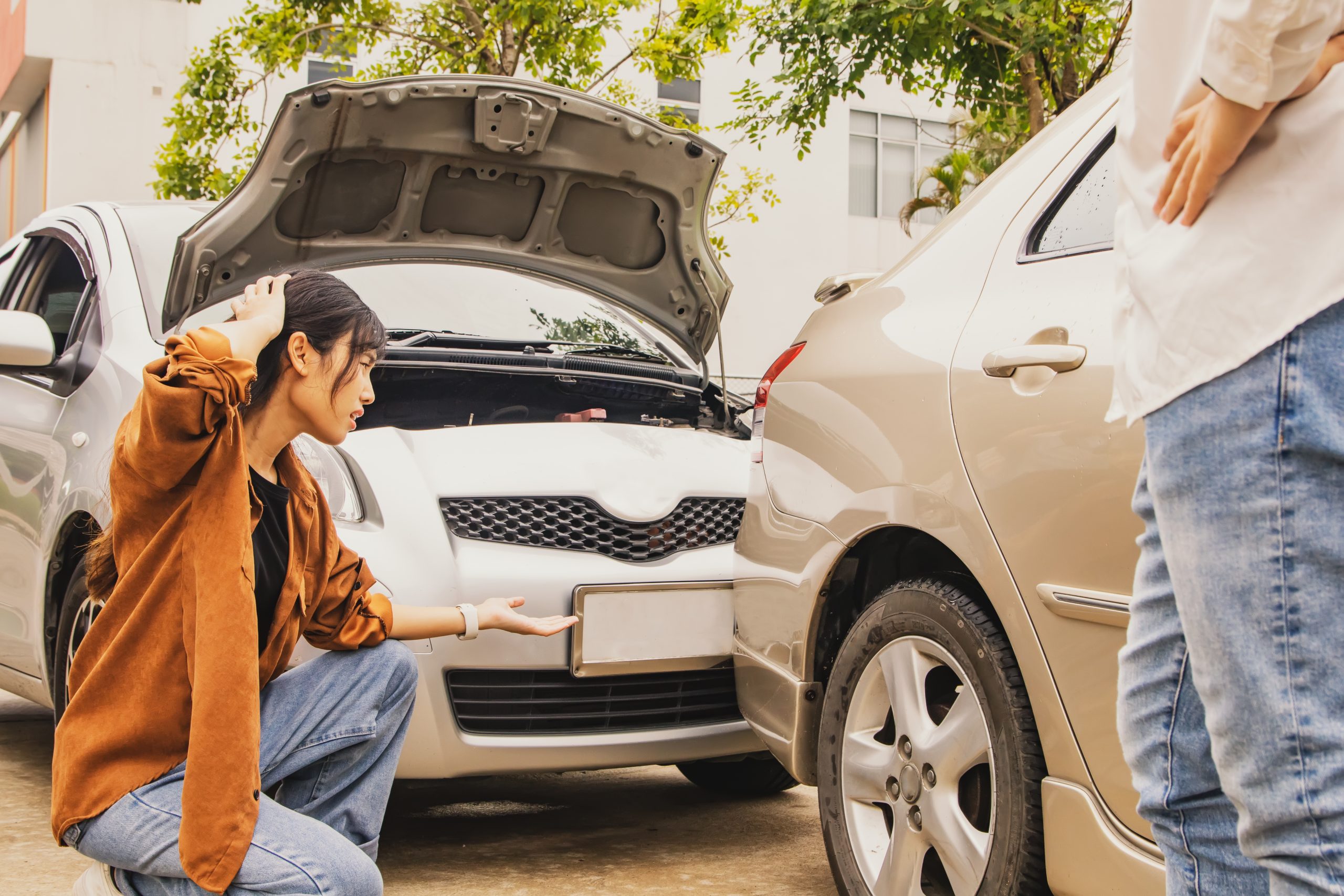If someone else drives your car and is involved in an accident, but they are not at fault, the other driver’s liability coverage will likely be accessible to cover the property damage and bodily injury stemming from the collision. If the at-fault driver does not have enough auto insurance coverage, your policy’s uninsured/underinsured motorist protection may be necessary to cover the difference. If you lend your car to someone who is at-fault in an accident, though, your own auto insurance coverage will likely apply. It is important to read the fine print of your auto insurance policy documents, to ensure that you understand your insurer’s permissive use policies and exactly what they cover.
Am I Liable for a Car Accident if I Was Not Driving My Car?
The general rule is that the driver who causes the accident is liable for the damages. Therefore, if you let someone else drive your automobile, and they get into an accident that was caused by a driver in a different vehicle, then the other driver is most likely to held liable.
If someone else was driving your car and they caused the crash, two factors will determine whether you can be held liable or not:
- the terms of your auto insurance policy, and
- whether you permitted their use of your vehicle
Most auto insurance policies provide coverage to the vehicle, not to the driver in it. This means that the liability coverage generally extends to the person driving your vehicle, even if it was not you (i.e. the policyholder).
When Will Your Insurance Cover an Accident That Happens When Someone Else Is Driving?
Your auto insurance will only cover an accident that someone else caused in your car if that person was already included on your insurance policy, or if you gave them explicit permission to drive.
When it is a permissive driver: In most cases, if you give permission to someone else to drive your car (making them a permissive driver) and they cause an accident, your auto insurance will cover the costs. That is because your auto insurance policy will be the primary insurance, whether you were in the car with them at the time. To put it more simply, car insurance usually follows the car, not the driver. Just like if you were the one driving, your collision coverage would pay for damage to your own car, and your liability coverage would cover damage the permissive driver did to someone else’s vehicle or person (although coverage for other drivers may be more limited than it is for people listed on your policy, so you should check the specifics with your insurer). If the damage to others that the permissive driver caused in the accident exceeds your limits, the permissive driver may have to involve their own auto insurance provider, and their liability insurance may help cover the costs. If the person who was driving your car does not have their own insurance, they may be on the hook financially for damages to the other party.
When it is your spouse or anyone else on your policy: Unless your spouse or any other household members are specifically excluded from your policy, they are probably already on it with you. Most insurance companies require all drivers in a household to be listed on a policy. And anyone named on your policy gets all the same coverage you do when you are driving, so if your spouse or someone else who shares the policy with you causes an accident, your insurance will cover it.
Permissive vs. Non-Permissive Use
“Permissive use” simply means that your friend had permission to drive your car. What happens if a friend borrows your car without your permission (known as non-permissive use)? In some instances, your friend’s auto insurance will kick in as the primary coverage- not your coverage. But if your friend has no auto insurance, you may need to turn your policy to cover damage or injuries. Here is another twist. Let us say the wreck involving your friend causes catastrophic damage and your third-party liability insurance limit does not cover it. In this situation, your friend’s auto insurance might have to make up the gap. Even if your own auto insurance policy is enough to cover the entire bill for damage, your insurer might try to recover money from the friend’s auto insurance company- a process known as subrogation.
When Will Your Insurance Not Cover an Accident That Happens When Someone Else Is Driving?
- If there was not permissive use: Your insurer may deny insurance claims for a car accident if someone borrowed your vehicle without your explicit permission, i.e., non-permissive use.
- If the driver was not legally licensed or was impaired: As the owner of the vehicle, it is your responsibility not to lend it to someone without a valid driver’s license, whose license is suspended, or someone who is obviously impaired. If you do lend your vehicle to a reckless or illegal driver, your insurer may deny a resulting claim. So, it may seem obvious, but you should think twice about handing your keys to anyone with a history of speeding tickets, drunk driving, DUIs or other black marks on their driving record.
- If the driver was listed as a named exclusion: You can list people on your policy as excluded drivers, meaning you are explicitly excluding them from your coverage. If an excluded driver uses your vehicle and gets in an accident, your insurer will not extend coverage.
Get To Know Your Car Insurance Coverage
One of the most important things you can do to prepare for any eventuality is to learn everything you can about your auto insurance policy. You should contact your auto insurer to find out exactly what they cover and what your liabilities may be if you let a friend or family member borrow your vehicle. Review your auto insurance policy and have your insurance provider explain any sections that you are unsure of. If you expect to give permissive use of your vehicle to someone frequently, be sure to ask “Can someone drive my car and be covered on my insurance?” It is a good way to protect yourself from out-of-pocket expenses if there is an accident.
Avoid Risk/Liability
The best way to avoid risk and liability is to not lend out your vehicle to others. However, while never loaning your car to another might be sensible, legally speaking, it is hardly neighborly. There are times when we’ve all needed a helping hand, and it is only natural to want to help your friends/family in turn. If you are thinking about lending out the use of your car, truck, or SUV to someone, please exercise all due caution. Take care to judge the situation using what you know about the person- and never loan your vehicle to someone who is intoxicated or does not have a license.



